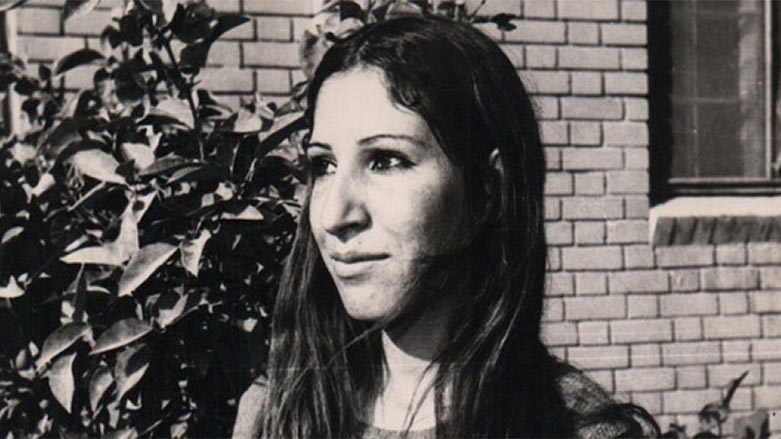49th anniversary of the killing of the first Kurdish female political activist in Iraq

ERBIL (Kurdistan 24) – Leyla Qasim, a female Kurdish activist from Khanaqien, was executed by hanging by the former Iraqi Ba’athist regime for her political activism in the struggle for Kurdish freedom.
Along with her four male colleagues, Ms. Qasim, 22, was executed in one of Baghdad’s notorious prisons on May 12, 1974, after she had been arrested by the former regime’s security forces.
A student of sociology at the University of Baghdad, the political activist is highly regarded as one of the most courageous Kurdish female fighters and member of the Kurdistan Democratic Party (KDP) Student Union of Kurdistan.
KDP President Massoud Barzani in his speech at the opening of the Barzani National Memorial explained that while she was in prison, she refused an offer of pardon by writing a letter to then Iraqi President, Ahmed Hassan al-Bakr.
Barzan recounted that she stated, “I would prefer execution over requesting a pardon from Ahmed Hassan al-Bakr. I would only ask for forgiveness from [General Mustafa] Barzani and my nation for not fulfilling my duties.”
Qasim was born in 1952 in Khanaqin, in the Diyala province. From an early age, she was exposed to Kurdish patriotism and political activism and later joined the Kurdistan Students’ Union of the KDP.
She was a staunch advocate and fighter for Kurdish political and cultural rights, which had been eroded under consecutive repressive Iraqi regimes. Before her arrest on trumped-up charges, she was working underground, helping to mobilize young Kurdish revolutionaries.
After the collapse of the Kurdish Aylul (September) Revolution, spearheaded by Mullah Mustafa Barzani in 1975, following the Algiers Agreement between Iraq and Iran to end Tehran’s support to the Kurdish revolutionary movement, the former Ba’athist regime began a crackdown on political activists and members of the KDP.
Qasim and her friends were arrested and tortured by Iraqi authorities and held in the notorious Abu Ghraib prison, west of the capital. They were quickly executed one week later on charges of “sabotage and terrorism” – typical charges for those standing against the regime.
When Qasim’s mother visited her daughter for what would be their last meeting, the soon-to-be-executed activist made a final request: to wear her traditional Kurdish clothes for her execution to become the “bride of Kurdistan,” according to accounts relayed by her family.
